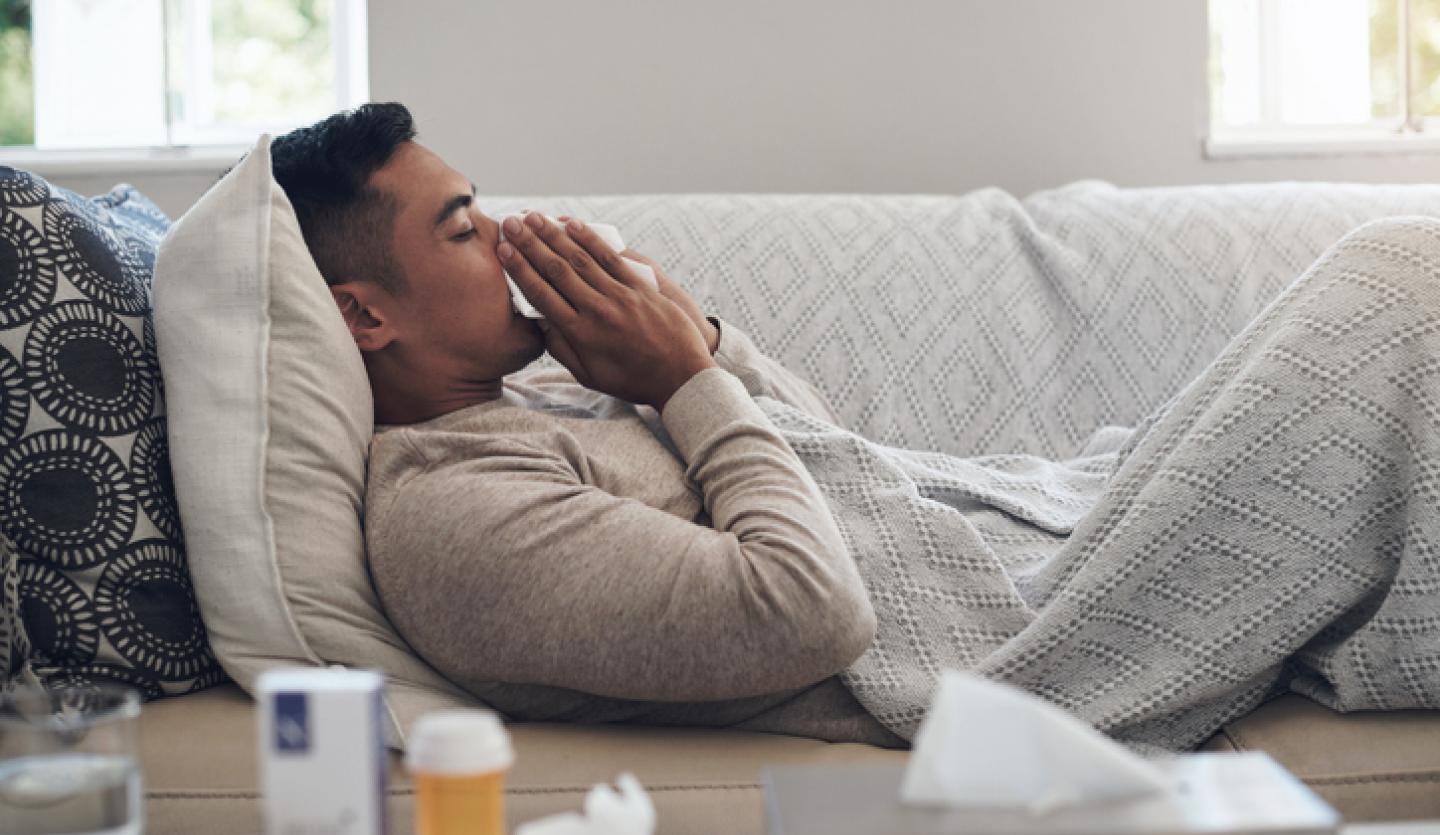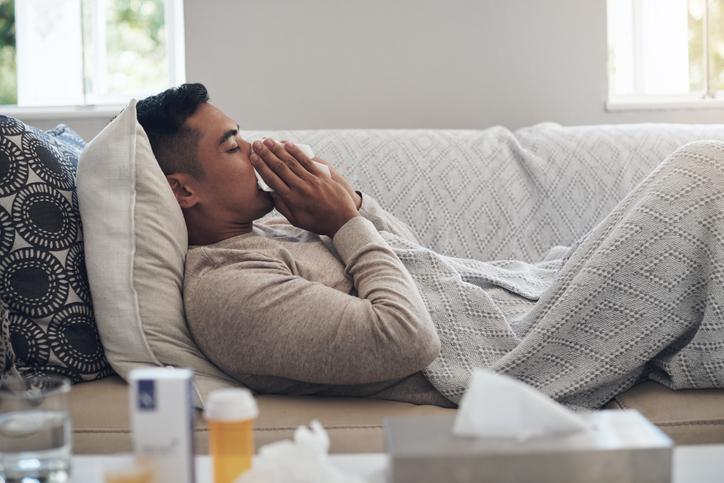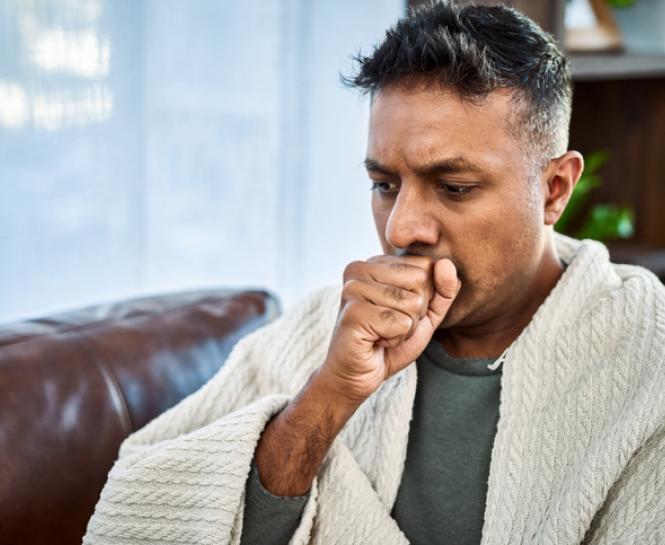“The flu shot is an easy, safe and effective way to reduce the likelihood of you getting the flu, especially when flu season becomes more active in later months,” said Jasmin James, DO, Catholic Health Primary Care Physician. “It also reduces the risk of you spreading the flu to others like co-workers or family members.”
When should I get my flu vaccine?
For ages six months and older, The Centers for Disease Control and Prevention (CDC) recommends getting the flu vaccine by the end of October. You can still benefit from the shot if you get it after October during the flu season.
Contact your primary care physician (PCP) to schedule your flu shot. If you do not have a PCP, find a Catholic Health physician near you or call 866-MY-LI-DOC (866-695-4362). Vaccines are also available at your local pharmacy, urgent care, and community clinics. Catholic Health has two convenient Suffolk County urgent care locations in Centereach and Ronkonkoma.
Who can get the flu vaccine?
The CDC recommends the flu vaccine for everyone six months and older.
What are the benefits of getting a flu vaccine?
The flu vaccine:
- Prevents or limits the chance of illness
- Reduces medical visits or hospitalizations
- Prevents health complications or death
- Combats constantly changing viruses
What are the common symptoms of the flu?
“The flu typically occurs suddenly and has more severe symptoms than the common cold,” said Dr. James. “Talk to your doctor if your symptoms are worsening, especially if you have a high fever or trouble breathing.”
Symptoms may include:
- Fever
- Chills
- Cough
- Sore throat
- Runny or stuffy nose
- Muscle or body aches
- Headaches
- Fatigue
- Vomiting and diarrhea (more common in children than adults)
Call your physician if you are showing symptoms, especially if you are at higher risk of flu complications. Those at higher risk include adults 65 and older, pregnant people, young children, and people with certain medical conditions such as asthma, diabetes and heart disease.
Can I prevent the flu?
In addition to the flu vaccine, you can take additional measures to prevent the spread of germs, including:
- Cover your coughs and sneezes.
- Avoid direct contact with people who are sick.
- Wash your hands frequently.
- Clean and disinfect contaminated surfaces.
- Avoid touching your eyes, nose and mouth.
Can I treat the flu?
Yes. Your physician will guide you on the proper treatment based on factors like your symptoms, age and pre-existing conditions. Call your doctor if you are feeling ill to prevent symptoms from worsening.
What is RSV?
Respiratory syncytial virus (RSV) is a respiratory virus that is the most common cause of bronchiolitis (wheezing) and pneumonia in children under one year of age in the United States. RSV infections usually occur during the fall, winter, and flu seasons.
Learn more about RSV in adults.
Find Care at Catholic Health
Find a Catholic Health doctor near you. Or call 866-MY-LI-DOC (866-695-4362).
For convenient urgent care, visit Catholic Health Urgent Care at Centereach and Catholic Health Urgent Care at Ronkonkoma.







